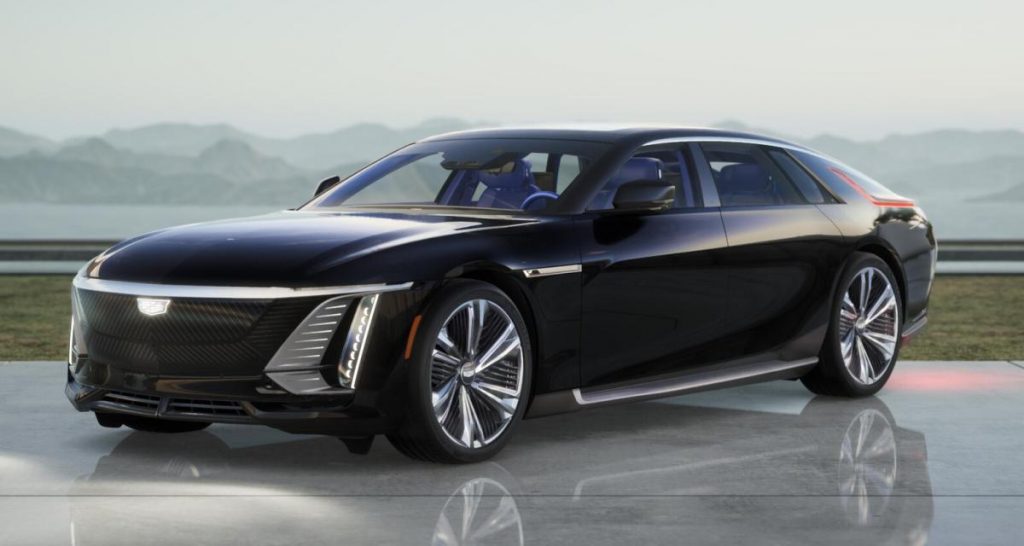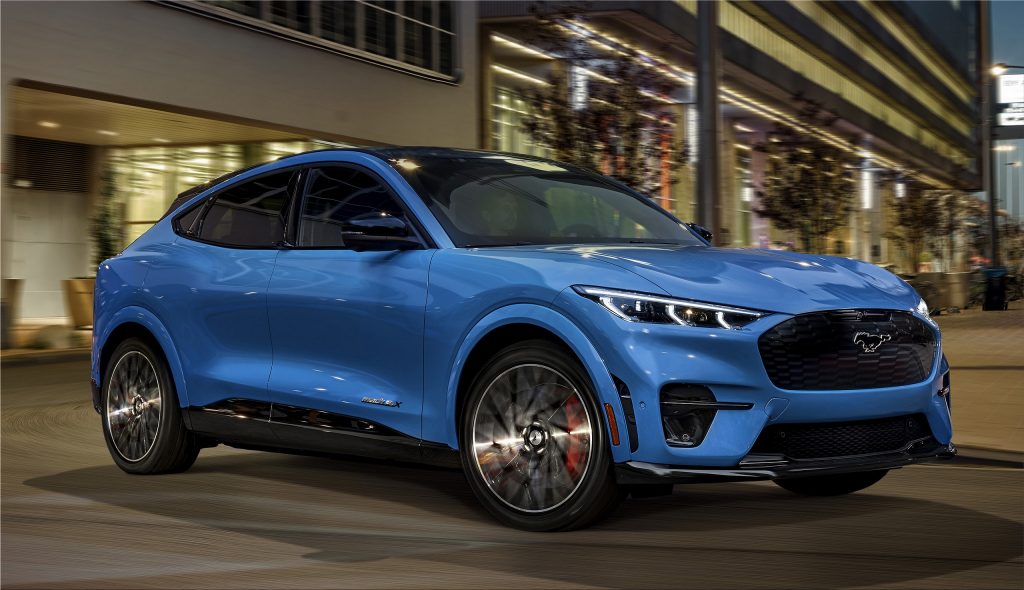In recent years, electric vehicles (EVs) have gained popularity as an eco-friendly alternative to traditional gas-powered cars. While the advantages of EVs, such as reducing carbon emissions, saving on fuel costs, and offering a smooth driving experience, are well known, electric car ownership also comes with its set of challenges. These challenges can sometimes make it difficult for potential buyers to fully embrace the shift to electric. However, understanding these issues and knowing how to address them can help EV owners make the most of their investment. In this article, we will explore some of the most common challenges electric car owners face and provide practical solutions to overcome them.
1. Range Anxiety: Overcoming the Fear of Running Out of Charge

One of the most significant concerns for potential EV buyers is range anxiety, or the fear that the battery will run out of charge before reaching the destination or charging station. Unlike gasoline vehicles, which can be refueled quickly, charging an electric car takes more time, and the availability of charging stations may not always be convenient.
Solution: Plan Ahead and Use Charging Networks
To combat range anxiety, EV owners can use a variety of tools available, such as mobile apps that help locate nearby charging stations. Many EV models now offer an increased range, allowing drivers to travel longer distances on a single charge. Moreover, frequent charging at home or the office, combined with understanding the car’s range, can ease concerns. Also, consider purchasing an EV model with a higher range if long trips are frequent for you.
2. Charging Infrastructure: Limited Availability of Charging Stations
While the number of public charging stations is increasing, there are still many regions where charging infrastructure is underdeveloped. This can be a concern for drivers who need to rely on public charging stations while on the go, especially in less urbanized areas.
Solution: Use Home Charging and Charging Networks
For daily commutes and short trips, having a home charging station is an excellent way to reduce dependency on public charging points. Charging at home overnight ensures that your vehicle is fully charged each morning. Additionally, by joining charging networks that offer subscriptions, drivers gain access to a larger network of fast-charging stations, making longer trips more feasible.
3. Charging Time: Waiting for Your Car to Recharge
Unlike refueling a traditional car, charging an EV takes longer. Depending on the charger and the battery level, a full charge can take several hours. For some drivers, this wait time can be inconvenient, especially during long trips.
Solution: Use Fast Charging Stations
To address this challenge, EV owners can make use of fast-charging stations. These chargers can recharge the battery in a fraction of the time it takes to use standard charging stations. Additionally, planning trips to include fast-charging locations ensures that recharging becomes a more efficient process. Many modern EVs also come with the capability to charge more quickly, so it’s worth choosing an EV with fast-charging compatibility.
4. Cost of Electric Vehicles: High Initial Price Tag
Electric vehicles often have a higher upfront cost compared to their gas-powered counterparts, which can deter some potential buyers. The price can vary significantly depending on the make, model, and battery capacity of the vehicle.
Solution: Government Incentives and Long-Term Savings
Although the initial cost may seem high, many governments offer incentives, rebates, and tax credits for electric car purchases, which can significantly reduce the price. Additionally, over the long term, electric vehicles can be more economical. Lower fuel and maintenance costs (such as fewer moving parts and no oil changes) make EVs more cost-effective in the long run. A detailed comparison of savings can help potential buyers see the financial benefits of EV ownership over time.
5. Battery Life and Replacement Costs
The lifespan of an EV’s battery is another concern for owners. Although most electric car batteries are built to last for several years, they can degrade over time, leading to reduced range and performance. Replacing the battery can also be expensive.

Solution: Battery Warranty and Regular Maintenance
Most electric vehicle manufacturers offer warranties that cover the battery for at least 8 years or 100,000 miles, which provides peace of mind to buyers. Additionally, proper care and regular maintenance of the vehicle can help prolong the battery’s life. It’s also worth noting that advancements in battery technology are constantly improving, with manufacturers working to make batteries more durable and less expensive to replace.
6. Cold Weather Impact on Battery Performance
Cold weather can have a significant impact on the performance of an electric car’s battery. When temperatures drop, the battery’s range can decrease, and charging times may increase. This is particularly relevant for EV owners who live in regions with harsh winters.
Solution: Precondition Your Battery and Park in a Garage
One solution to mitigate the cold weather effect is to precondition the battery before use. Many EVs have a preconditioning feature that warms the battery before driving, allowing it to perform optimally in colder temperatures. Parking the vehicle in a heated garage can also help prevent the battery from becoming too cold, maintaining better performance during winter months.
7. Maintenance Costs and Service Availability
While electric vehicles have fewer moving parts than conventional cars and require less maintenance, finding a qualified service provider for specialized EV repairs can still be a challenge in some areas. Additionally, the cost of some parts, like the battery, can be expensive to replace.
Solution: Choose EV-Friendly Dealerships and Maintenance Packages
To address this issue, it’s important to choose a dealership or service center that specializes in electric vehicles and offers comprehensive maintenance packages. Many EV manufacturers offer long-term service packages that cover most maintenance needs, helping to lower the total cost of ownership. Additionally, as the popularity of EVs increases, more mechanics are being trained to service electric vehicles, making it easier to find qualified technicians.
8. Limited Model Variety: Finding the Right Electric Car

While the variety of electric vehicles is expanding, there may still be limitations in terms of model options. Some buyers may struggle to find an electric vehicle that suits their specific needs, whether it’s a larger family car, a luxury model, or a vehicle with specific features.
Solution: Keep an Eye on New Releases
As the electric vehicle market continues to grow, manufacturers are releasing more models to suit different preferences. It’s important to stay informed about the latest EV releases to find the one that fits your needs. Researching options, test-driving different models, and looking into upcoming releases can help you find the ideal EV.
9. Public Perception and Market Evolution
As electric cars continue to gain traction, there can still be lingering misconceptions and skepticism about their viability, especially in regions where traditional vehicles dominate. Some potential buyers may hesitate to make the switch due to the lack of awareness or information about EVs.
Solution: Education and Awareness Campaigns
To overcome this, EV manufacturers and advocates can invest in education and awareness campaigns. Providing consumers with accurate information about the benefits, savings, and performance of electric vehicles can dispel common myths and encourage adoption. As more people switch to electric cars, public perception will continue to improve, leading to greater acceptance of EVs in mainstream society.
Conclusion
While owning an electric car comes with its unique challenges, these obstacles are not insurmountable. By understanding the common issues, such as range anxiety, charging infrastructure, battery life, and cost, electric vehicle owners can take proactive steps to overcome them. As the electric vehicle market continues to evolve, technological advancements, improved infrastructure, and government incentives will make owning and operating an electric car easier and more affordable than ever. By addressing these challenges head-on, drivers can fully enjoy the benefits of electric car ownership, from reducing their carbon footprint to saving money on fuel and maintenance. The future of electric vehicles is bright, and with the right solutions, anyone can be part of this revolution.
4o mini

Leave a Reply